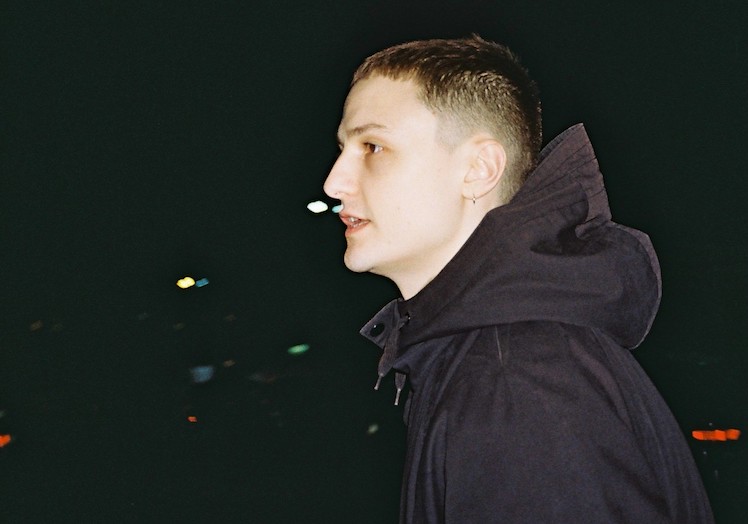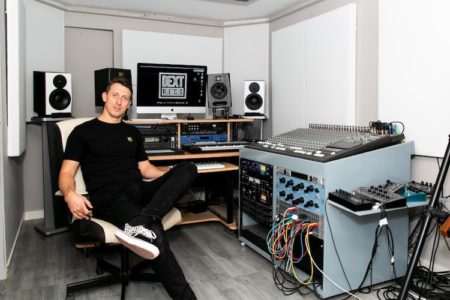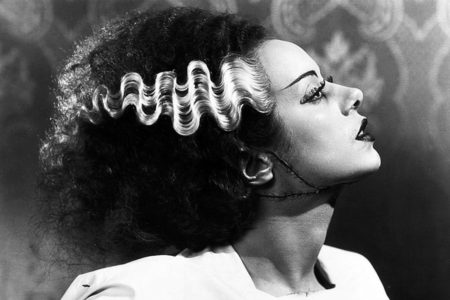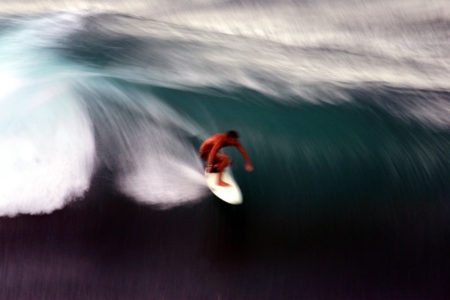“I didn’t look good, I didn’t feel good. I wasn’t myself.” Troy Gunner on being sober in dance music

I mean, one is never completely certain when you drink and do drugs whether the spirits that are moving through you are the spirits from the bottle or your own. And, at a certain point, you become afraid of the answer. That’s one of the biggest things that keeps people from getting sober, they’re afraid to find out that it was the liquor talking all along. It was like, am I genuinely eccentric? Or am I just wearing a funny hat? What am I made of? What’s left when you drain the pool? – Tom Waits
Read any book about getting sober and they all conclude the same thing: “When I quit drinking I realised I hate loud music! I never go to nightclubs! I’d rather curl up with a peppermint tea and a good book!” But what happens when loud music is your job, night clubs are your income and the community surrounding it your friends?
Generally speaking, social addiction is normalised in the electronic music community. The sesh is celebrated, and on a practical level illegal substances can feel necessary to stay awake for a 5am set. Plus it’s a good way to bond with the promoters.
Some might feel that quitting drugs and alcohol is the same as quitting their community, friends, career. There’s a fear of being made to feel like an outsider. Some people might make it obvious they feel let down by your decision not to get fucked up anymore. For a lot of people in music even the thought of sobriety feels lonely.
But read any book about getting sober and they’ll conclude the same thing: their relationships have improved, they have mental clarity, they’re happier, more creative, more productive, more stable, in control. Even if sobriety seems like a bigger challenge for the dance music community, there’s a crew out there who’ve done it.
One of them is Troy Gunner, a DJ and producer from the UK. Listen to his multipurpose UK techno and you’ll feel like you’ve been nutted. He’s been in the game since his teens, is a good friend of Hypercolour and has released tracks on DEXT, Fabric/Houndstooth and Electro Magnetic Fields. He runs his own label, GUNNER, and provides mixes for Crack, i-D and DJ Mag. But his RA page doesn’t mention he’s been tee-total for 9 months now. That despite all those bookings and mixes and releases, he was beginning to lose his way.
It’s been a tough journey, but Troy’s enthusiasm for experiencing the world sober is radioactive. He’s a happy guy at the best of times, full of beans, so it’s no surprise that now his endorphins are settled and the booze out his system, he’s completely buzzing his nut. Troy says sobriety is terrifying and wonderful in equal measure. The highs are real, the lows are real, and it’s better than being numb.
Troy decided to quit after a messy day and night last September. He says he had fun from about noon to 6pm, and after that the fun stopped and the destruction began.
“I woke up the next day and didn’t know how I got home,” Troy says. “Someone told me all these harrowing stories about what I’d done. I couldn’t leave the flat cos I was so anxious. I wanted to get a takeaway and I opened my wallet and all my money was gone. Everyone in my group chat was messaging about how fucked I was. And I thought – why am I paying money to do this to myself? It just didn’t compute anymore.”
The next day Troy went to his friends house to record a mix. He was so hungover he started drinking again because it was the only thing that would make him feel better.
That night wasn’t necessarily the worst of it, but it was the straw that broke the camel’s back. It was happening too often and it was getting dark. Troy had lost close friends to drink and drugs and he was having occasional suicidal thoughts too. He was reaching for the bottle to deal with his deteriorating mental state in an attempt to make it go away.
“When you get to 25, 26 hangovers are different,” Troy says. “When you’re young it’s alright, hangovers are jokes. You watch films, smoke weed and that. But I’m in the 27 club now. I needed to break out of it all. I didn’t feel creative. I didn’t look good, I didn’t feel good. I wasn’t myself.”
The next weekend Troy decided he wouldn’t drink. It was his best friend’s wedding party and his 27th birthday, but despite everyone offering to buy him shots at midnight, he said no. The next day, on his birthday, he went rollerskating in Tempelhof. “I realised it wasn’t going to get any harder than surviving a wedding and my own birthday sober,” Troy says. “That was huge. I realised I could probably do this.”
Troy downloaded an app called I Am Sober, which tracks how many days you’ve refrained from drinking and how much time and money you’ve saved. “That’s time I’ve invested into my businesses, relationships with my family, with myself, my music, my diet, exercise, instead of putting it into alcohol. Now I think, what was I doing? I did that for 10 years. I’ve lost so much time.”
Troy says he couldn’t have done it without a network of people who had been sober for longer. He used to rollerskate, and says he would only improve when he was skating with people better than him. He feels the same way about sobriety.
Troy’s assigned a particularly horrendous picture to his I Am Sober profile. It’s from the very last night he drank. His face is warped and he’s almost dribbling on his mate. The image reminds him of what he used to be and encourages him to keep going.
But it’s not all sunshine and rainbows. Not drinking alcohol in a society that celebrates it everywhere you turn is extremely tough. The good bits like the Champagne toasts, the backyard beers, the football pints, are gone too. But the idea that fun can only be had with alcohol is hugely problematic. You can still toast, you can still be with friends in the backyard, you can still enjoy the football. Yes those first few pints are amazing, yes it’s fun from noon to 6pm. But then we go into destroy mode.
To avoid anxiety over these difficult social moments, Troy takes it one day at a time. He won’t worry about meeting his mates in the pub, he’ll just deal with it when he gets there. Every morning he wakes up and decides that today he will not drink. Tomorrow is another day, and the app keeps him on track. “It helps me celebrate sobriety every single day,” he says.
Troy says that some people really struggle to understand the concept. “They’ll try and buy me a drink while they’re mangled in a club. They’re like why aren’t you drinking? And I tell them I’m mad enough as it is, what makes you think I need any more of that?”
Troy has tools he uses to deal with these altercations, one of which is the traffic light system. “You have green light people who are curious to know why you aren’t drinking. You can tell them anything. And then there’s red light people who are aggressive or defensive when they see you aren’t drinking. With them I say ‘just giving my liver a break mate, had a fucking massive one last weekend.’”
It turns out dealing with 5am gigs sober isn’t rocket science either. “I plan ahead. I sleep beforehand. It’s like learning a new skill, training a new muscle. I say yes when someone offers me a drink, and then I ask for a soft drink. By saying yes I’ve put them at ease with their own drinking scenario and they don’t question it because it happens so fast.”
Troy moved from Berlin back to the UK earlier this year, and finds sobriety much more challenging now. “It was easier to be sober in Berlin because of how extreme it is, and it’s okay to turn up somewhere for an hour or two and go home. Whereas in the UK, alcohol is everywhere. You go to the pub with your mates, you haven’t seen them for a long time and the first thing you do is drink.”
Since he quit drinking, Troy’s had to deal with his turbulent mind head on. He’s no longer using alcohol to avoid difficult emotions and mental health issues. He says happiness is a drink-trigger too – especially when there’s something to be celebrated. All of it is totally new territory.
“It’s not all amazing all of the time,” Troy continues. “But I have to compare it to when I was drunk and drinking all the time. In every way my life is so much better now. I just have to deal with so much stuff that was already there that I was suppressing. I didn’t even realise I was doing that. Now, when I feel really fucking sad, it’s not because I’m hungover. It’s because I’m sad. Something bad has happened. And I can’t drink to escape it. I have to feel it.”
Listen to Troy’s forthcoming EP on Only Ruins, out July 31st 2020
Listen to Troy’s radio show on Rinse FM France with xwolfx
For all his latest music, follow Troy Gunner on Soundcloud
Words by Alice Austin, photo by Ronja Falkenbach


